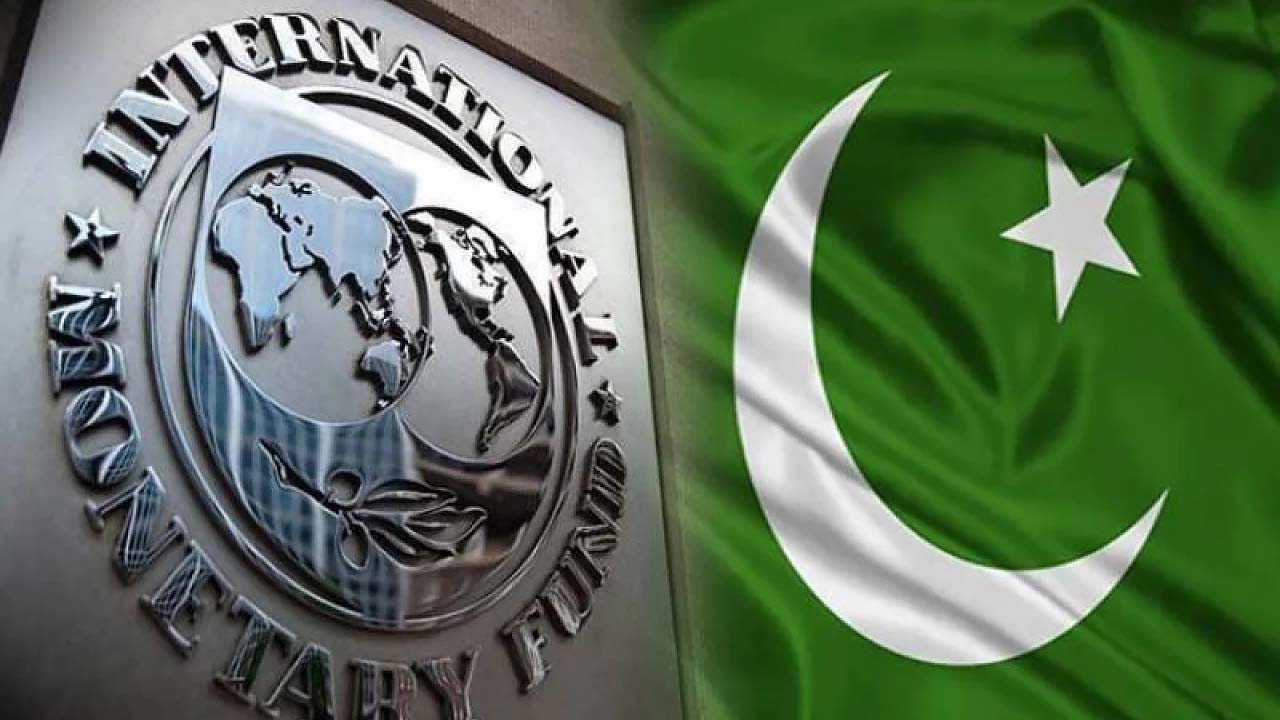Mohsin Siddiqui (Chief Reporter)
The Federal Board of Revenue (FBR) is set to take stringent action against major retailers involved in issuing non-certified electronic invoices and receipts to consumers.
According to inside sources, the FBR is currently drafting rules aimed at imposing hefty fines on Tier-1 retailers who fail to report sales tax correctly to the FBR’s electronic system. This move is part of a broader effort to ensure transparency and proper tax collection in the retail sector.
The FBR has proposed a substantial fine of Rs 0.5 million per non-certified receipt issued by these retailers. Alongside this punitive measure, the FBR plans to incentivize consumers to report such violations. Consumers who report non-certified electronic receipts to tax authorities could receive a reward of Rs 5,000. This dual approach is expected to encourage compliance among retailers and promote vigilance among consumers.
Initially, the FBR mandated the electronic integration of points of sales (POSs) for all Tier-1 retailers in the textile and leather sectors. This integration aimed to ensure accurate sales reporting and the collection of the appropriate amount of sales tax from these businesses. Retailers are required to install a software extension provided by the FBR, ensuring live reporting of sales tax to the FBR’s server. This system was designed to create a real-time record of sales transactions, thereby minimizing the scope for tax evasion.
National or International Chain Stores: Retailers operating on a large scale, whether locally or globally, fall under this category. Retailers in Shopping Malls, Plazas, or Centers: Those conducting business in major commercial hubs. Retailers with High Electricity Consumption: Retailers whose cumulative electricity bill exceeds twelve hundred thousand rupees over the preceding 12 consecutive months. Wholesaler-Cum-Retailers: Entities engaged in bulk import and supply of consumer goods.
These categories have been specified to target large-scale retailers who have a significant impact on sales tax revenue. By focusing on these groups, the FBR aims to maximize the effectiveness of its enforcement efforts.
To encourage compliance and increase the documentation of the economy, the FBR launched the POS invoicing prize scheme in 2022. This scheme involved conducting monthly computerized ballots to distribute cash prizes among 10,000 lucky winners who received certified electronic receipts. The initiative aimed to motivate retailers to comply with the electronic integration of their POS systems and to incentivize consumers to demand certified receipts for their purchases.
However, after conducting ten ballots, the FBR suspended the prize scheme in October 2022. While the scheme did have some success in promoting tax compliance, the FBR is now looking at more direct measures to enforce compliance among retailers.
By introducing these fines and consumer rewards, the FBR is taking a more aggressive stance to ensure that retailers adhere to the correct reporting of sales tax. This move is seen as a critical step in increasing tax revenue and reducing the grey economy. Retailers found issuing non-certified receipts will face significant financial consequences, which the FBR hopes will serve as a deterrent against such practices.
For retailers, this move necessitates a reassessment of their sales and reporting systems. Installing and maintaining the required software to ensure live sales tax reporting will now be non-negotiable. Failure to comply could result in substantial financial penalties. On the other hand, consumers are empowered by this initiative. The reward for reporting non-compliant receipts gives them a direct role in ensuring retailers follow the law.
The FBR’s approach highlights the increasing role of technology in tax compliance. By integrating POS systems electronically, the FBR can monitor sales in real-time, reducing opportunities for evasion. This move aligns with global trends where tax authorities are leveraging technology to enhance compliance and revenue collection.




